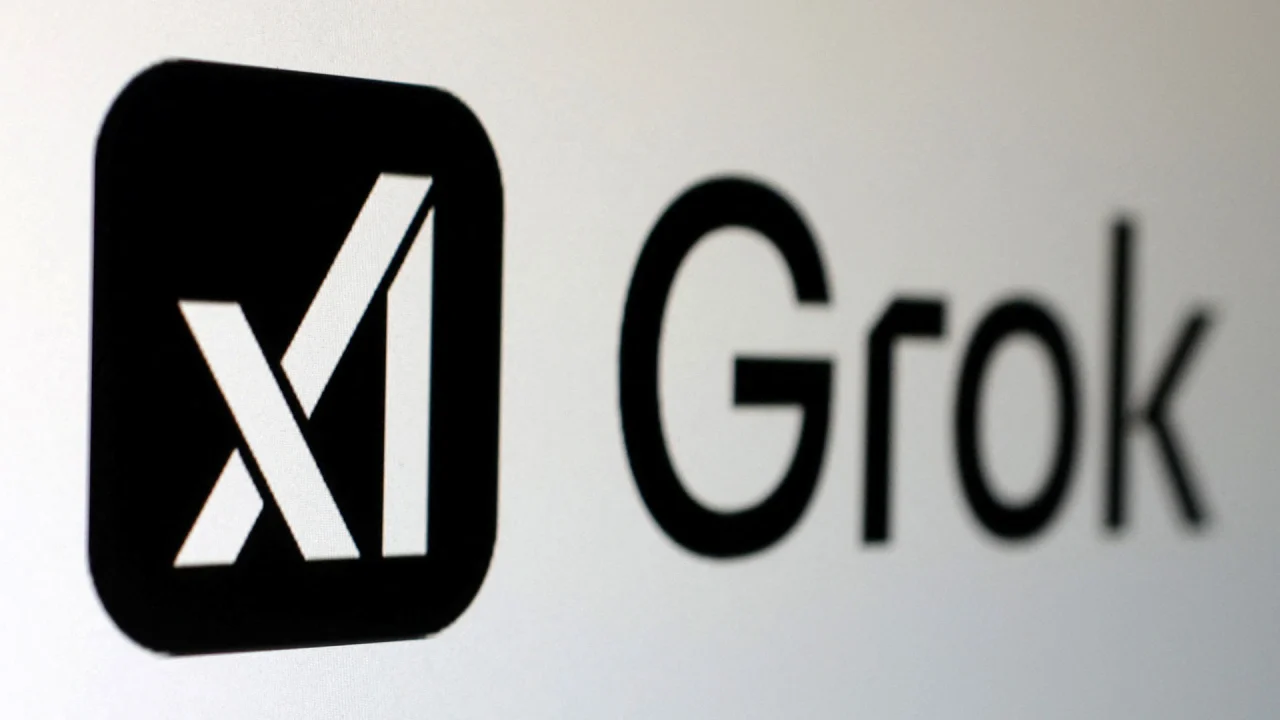Forget ‘digital dementia’—tech use may help keep older brains sharp
A new study paints a promising picture for the ways that digital technology use affects the aging brain. Published in Nature Human Behavior last month, neuroscientists at Baylor University and the University of Texas at Austin conducted a meta-analysis drawing on 57 different studies and data from more than 400,000 participants over the age of 50. A digital brain boost The new study found that across the board, the use of everyday digital technology like computers, smartphones, and the internet is associated with lower measures of cognitive decline in middle-aged and older adults. The strength of that positive association was comparable to established protective factors for dementia like reduced blood pressure, cognitively engaging hobbies, and exercise. The results contradict assumptions that long-term technology use might lead to cognitive decline in old age. “There was no credible evidence from the longitudinal studies, or the meta-analysis as a whole, for widespread digital ‘brain drain’ or ‘digital dementia’ as a result of general, natural uses of digital technology,” coauthors Jared Benge and Michael Scullin wrote. The meta-analysis, which aggregated findings across many different pieces of research, included previous studies on digital technology use in adults older than 50 if they examined cognitive performance or dementia diagnosis as an outcome. The average participant age was 68.7 years at the beginning of the study (a third of the studies were longitudinal, collecting data over time). These participants are described as “digital pioneers” who did not have access to technology and the internet while growing up. Within the meta-analysis, the three studies that focused on the use of social media showed findings that are more mixed, with inconsistent results for cognitive measures. The authors hypothesize that increased social media use could mean participants had less face-to-face social interaction, which is notable because in-person socializing is believed to protect the aging brain against dementia. Helping seniors stay social Beyond social media, technology use could enable a thriving social life for aging adults, who might use video calls, messaging, and email to stay in touch with loved ones—digital tools that share little in common with social media’s algorithmic feeds. “Digitally enabled social connections improve feelings of loneliness in some older adults, but they may also increase exposure to socially driven misinformation or reduce the frequency of face-to-face relationships,” the authors wrote. “Additional work is therefore needed to understand how, when, and for whom digital social connectedness benefits well-being and cognition.” The authors also suggest that future studies should look at the same trends in lower-income countries, where a spike in dementia diagnosis is expected and access to technology is expanding rapidly. While the study’s results show a robust positive trend between the use of technology and a healthy aging mind, figuring out the root cause of those positive outcomes is a bit of a chicken-and-egg problem. “For example, decreased walking speed presages cognitive decline in a host of neurodegenerative diseases, but the reverse causal direction is also present: Regular walking leads to better cognitive performance and slower rates of cognitive decline,” the authors wrote. For aging adults, it’s possible that better cognition promotes technology use, even as technology use promotes better cognition. “While the current meta-analysis showed a consistent, strong positive association between natural uses of digital technologies and overall cognitive well-being, there is no simple answer to whether technology is ‘always good’ or ‘always bad’ for the aging brain,” the authors wrote. “It is unknown whether the current findings will hold in future decades for people who were initially exposed to digital technologies during childhood or as the types of general digital technology exposure change.”

A new study paints a promising picture for the ways that digital technology use affects the aging brain.
Published in Nature Human Behavior last month, neuroscientists at Baylor University and the University of Texas at Austin conducted a meta-analysis drawing on 57 different studies and data from more than 400,000 participants over the age of 50.
A digital brain boost
The new study found that across the board, the use of everyday digital technology like computers, smartphones, and the internet is associated with lower measures of cognitive decline in middle-aged and older adults. The strength of that positive association was comparable to established protective factors for dementia like reduced blood pressure, cognitively engaging hobbies, and exercise. The results contradict assumptions that long-term technology use might lead to cognitive decline in old age.
“There was no credible evidence from the longitudinal studies, or the meta-analysis as a whole, for widespread digital ‘brain drain’ or ‘digital dementia’ as a result of general, natural uses of digital technology,” coauthors Jared Benge and Michael Scullin wrote.
The meta-analysis, which aggregated findings across many different pieces of research, included previous studies on digital technology use in adults older than 50 if they examined cognitive performance or dementia diagnosis as an outcome. The average participant age was 68.7 years at the beginning of the study (a third of the studies were longitudinal, collecting data over time). These participants are described as “digital pioneers” who did not have access to technology and the internet while growing up.
Within the meta-analysis, the three studies that focused on the use of social media showed findings that are more mixed, with inconsistent results for cognitive measures. The authors hypothesize that increased social media use could mean participants had less face-to-face social interaction, which is notable because in-person socializing is believed to protect the aging brain against dementia.
Helping seniors stay social
Beyond social media, technology use could enable a thriving social life for aging adults, who might use video calls, messaging, and email to stay in touch with loved ones—digital tools that share little in common with social media’s algorithmic feeds.
“Digitally enabled social connections improve feelings of loneliness in some older adults, but they may also increase exposure to socially driven misinformation or reduce the frequency of face-to-face relationships,” the authors wrote. “Additional work is therefore needed to understand how, when, and for whom digital social connectedness benefits well-being and cognition.”
The authors also suggest that future studies should look at the same trends in lower-income countries, where a spike in dementia diagnosis is expected and access to technology is expanding rapidly.
While the study’s results show a robust positive trend between the use of technology and a healthy aging mind, figuring out the root cause of those positive outcomes is a bit of a chicken-and-egg problem.
“For example, decreased walking speed presages cognitive decline in a host of neurodegenerative diseases, but the reverse causal direction is also present: Regular walking leads to better cognitive performance and slower rates of cognitive decline,” the authors wrote. For aging adults, it’s possible that better cognition promotes technology use, even as technology use promotes better cognition.
“While the current meta-analysis showed a consistent, strong positive association between natural uses of digital technologies and overall cognitive well-being, there is no simple answer to whether technology is ‘always good’ or ‘always bad’ for the aging brain,” the authors wrote. “It is unknown whether the current findings will hold in future decades for people who were initially exposed to digital technologies during childhood or as the types of general digital technology exposure change.”




























































































































































